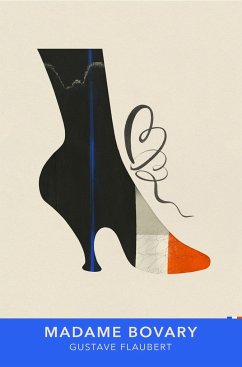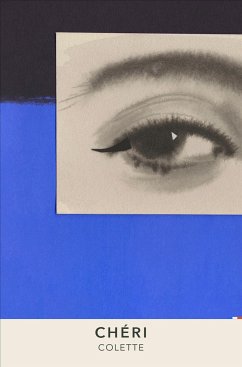
Madame Bovary
Versandkostenfrei!
Versandfertig in ca. 2 Wochen
9,99 €
inkl. MwSt.

PAYBACK Punkte
5 °P sammeln!
'She wanted to die, and she wanted to live in Paris.'This is the story of Emma, trapped in a disappointing marriage with a dull country doctor, she dreams for a life more like the sentimental novels she reads. In an attempt to break from the drab reality of her provincial life in Normandy, Emma takes a lover, and disaster soon follows.Greedy, delusional and selfish, the character of Emma Bovary scandalised readers from the novel's first publication in 1857, yet her magnetism is undeniable. A landmark work in modern realism, Madame Bovary vibrates with the inner life of a woman hungry for more....
'She wanted to die, and she wanted to live in Paris.'
This is the story of Emma, trapped in a disappointing marriage with a dull country doctor, she dreams for a life more like the sentimental novels she reads. In an attempt to break from the drab reality of her provincial life in Normandy, Emma takes a lover, and disaster soon follows.
Greedy, delusional and selfish, the character of Emma Bovary scandalised readers from the novel's first publication in 1857, yet her magnetism is undeniable. A landmark work in modern realism, Madame Bovary vibrates with the inner life of a woman hungry for more.
Meet ten of literature's most iconic heroines, jacketed in bold portraits by female photographers from around the world.
This is the story of Emma, trapped in a disappointing marriage with a dull country doctor, she dreams for a life more like the sentimental novels she reads. In an attempt to break from the drab reality of her provincial life in Normandy, Emma takes a lover, and disaster soon follows.
Greedy, delusional and selfish, the character of Emma Bovary scandalised readers from the novel's first publication in 1857, yet her magnetism is undeniable. A landmark work in modern realism, Madame Bovary vibrates with the inner life of a woman hungry for more.
Meet ten of literature's most iconic heroines, jacketed in bold portraits by female photographers from around the world.














